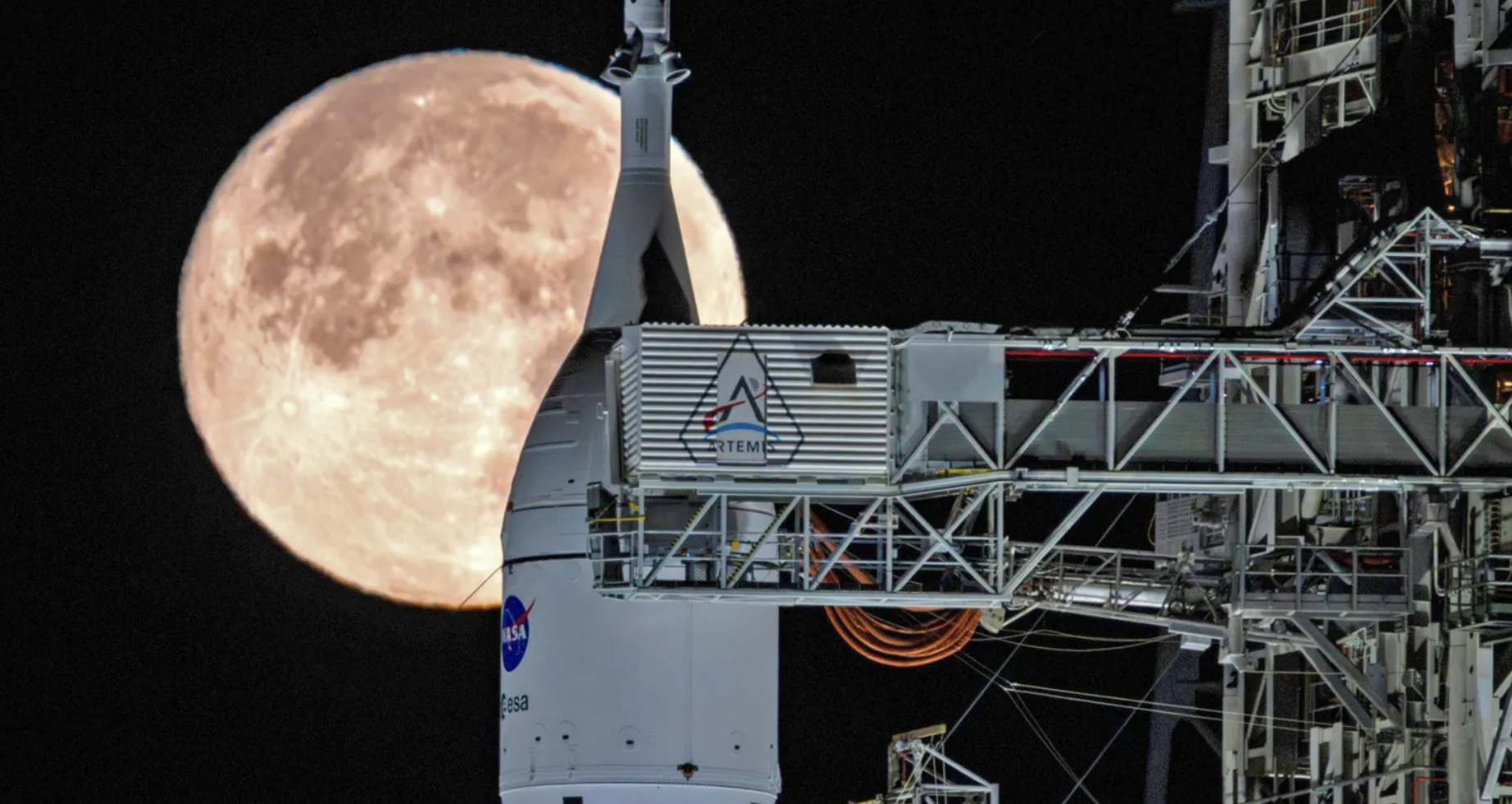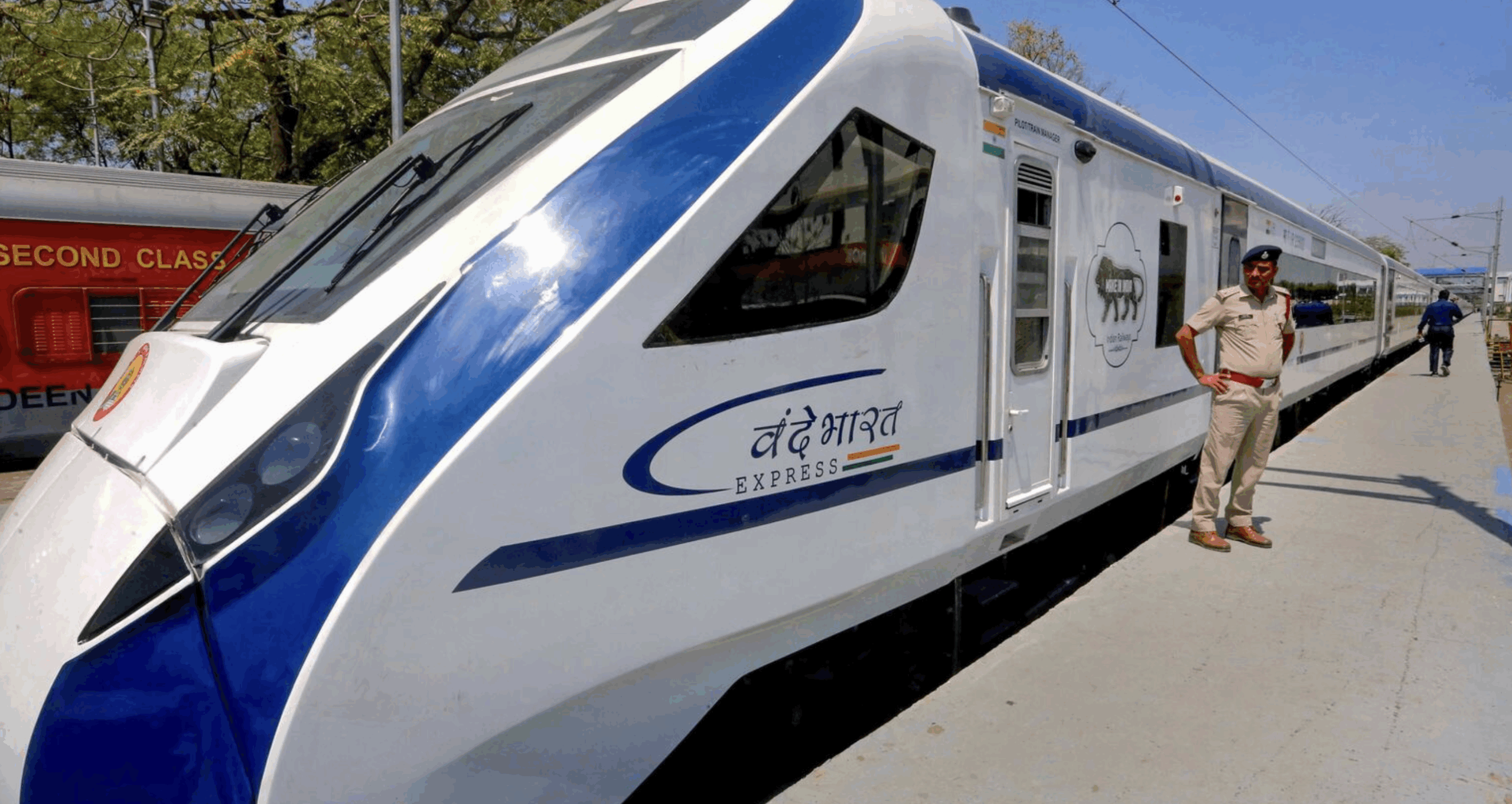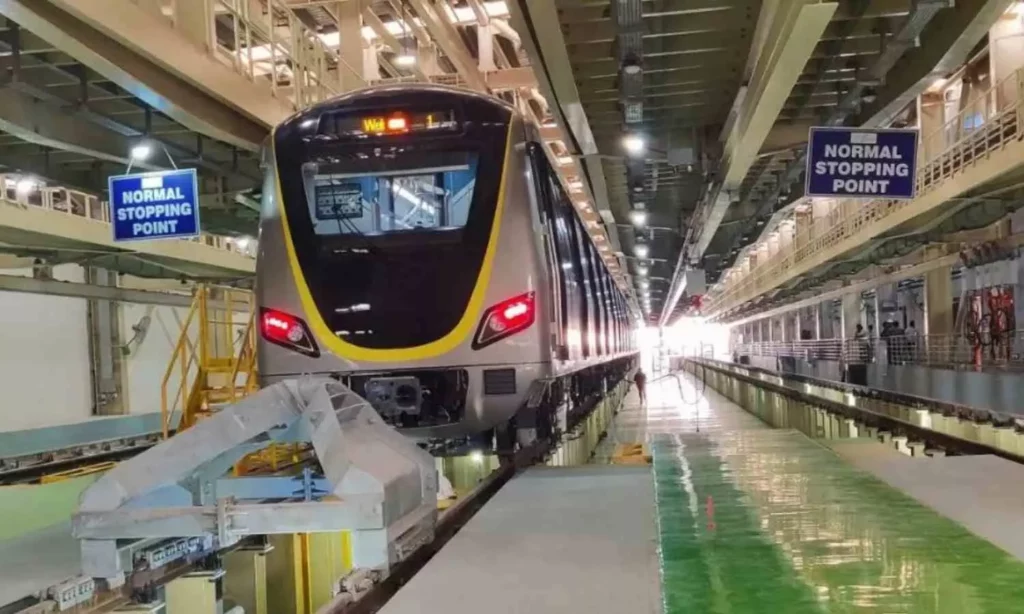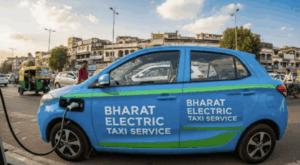A new six-lane Greenfield National Highway project in Maharashtra has been approved by the Cabinet Committee on Economic Affairs, which is chaired by Prime Minister Narendra Modi.

The highway will be 29.219 kilometers long, connecting JNPA Port (Pagote) to Chowk.
Six Lane Greenfield National Highway Project in Maharashtra Approved
The Build, Operate, and Transfer (BOT) model will be used in its development.
The project has been given a total capital investment of ₹4,500.62 crore.
The PM GatiShakti National Master Plan, which emphasizes integrated infrastructure development, is supported by the highway initiative.
Growing container traffic at JNPA Port and the anticipated rise in travel demand following the opening of Navi Mumbai International Airport prompted the proposal.

Due to severe traffic congestion, it currently takes two to three hours to travel from JNPA Port to NH-48 and the Mumbai-Pune Expressway.
There is a lot of traffic in places like Palaspe Phata, D-Point, Kalamboli Junction, and Panvel; on a daily basis, there are about 1.8 lakh passenger car units (PCU).
Once the new airport opens this year, there will likely be a greater demand for seamless connectivity.
The new highway will connect NH-48 on the Mumbai-Pune Highway with NH-348 at JNPA Port (Pagote village).
Additionally, it will connect to important transportation routes such as the Mumbai-Goa National Highway (NH-66) and the Mumbai-Pune Expressway.
Heavy commercial vehicles will find it easier to travel through the Sahyadri hills thanks to the construction of two tunnels that will avoid the steep ghat sections.
The highway seeks to increase the efficiency and safety of freight transportation while also improving port connectivity.
The government claims that the project will promote economic development and growth in the regions that surround Pune and Mumbai.
Rs 50,000 Crore Pune-Bengaluru Expressway Will Cut Travel Time To 7 Hours
The Pune-Bengaluru Expressway is set to revolutionize travel between two of India’s key cities. Spanning 700 kilometres, this high-speed corridor will cut travel time from 15 hours to just 7 hours, offering a faster and more efficient alternative to the existing National Highway 48.
The expressway is expected to significantly enhance connectivity, making travel smoother for both commuters and businesses.












